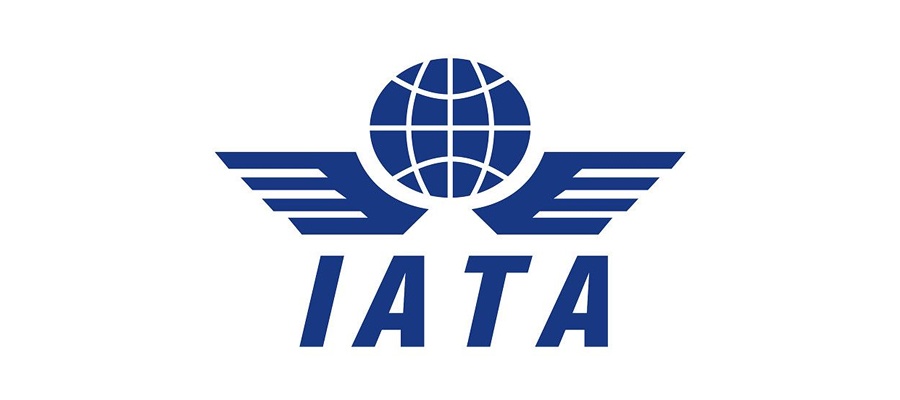The International Air Transport Association (IATA) released data for global air freight markets in May showing a slight improvement in the air cargo market. But capacity remains unable to meet demand as a result of the loss of belly cargo operations on passenger aircraft that have been parked.
According to the trade body, global demand, measured in cargo tonne-kilometers (CTKs), fell by 20.3% in May (-21.5% for international operations) compared to the previous year. That is an improvement from the 25.6% year-on-year drop recorded in April.
Meanwhile global capacity, measured in available cargo tonne-kilometers (ACTKs), shrank by 34.7% in May (-32.2% for international operations) compared to the previous year, a slight deceleration from the 41.6% year-on-year drop in April.
And while the cargo load factor (CLF) rose 10.4 percentage points in May this was a slight decrease from the 12.8 percentage point rise in April with IATA saying that the extent of the increase suggests that there is still pent-up demand for air cargo which cannot be met due to the continued grounding of many passenger flights.
“Air cargo demand is down by over 20% compared to 2019. And with most of the passenger fleet grounded capacity was down 34.7%. The gap between demand and capacity shows the challenge in finding the space on the aircraft still flying to get goods to market. For that the prospects for air cargo remain stronger than for the passenger business but the future is very uncertain. Economic activity is picking up from April lows as some economies unlock. But predicting the length and depth of the recession remains difficult,” said Alexandre de Juniac, IATA's chief executive.

